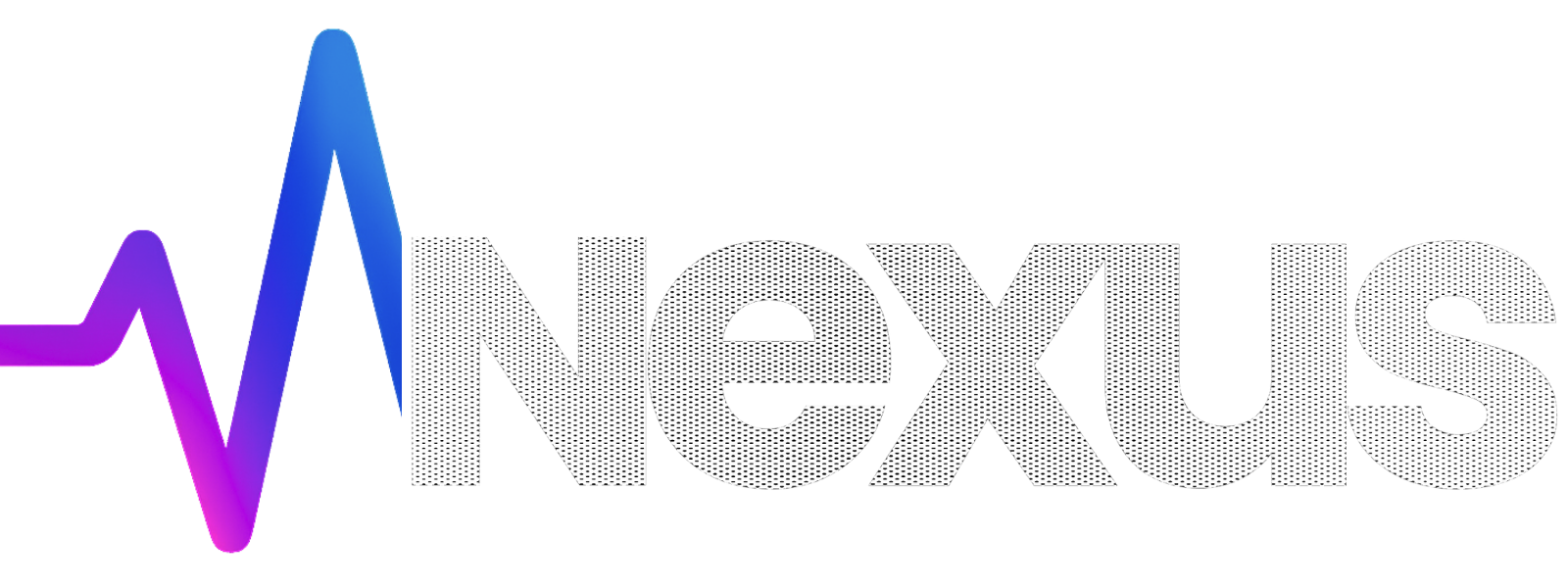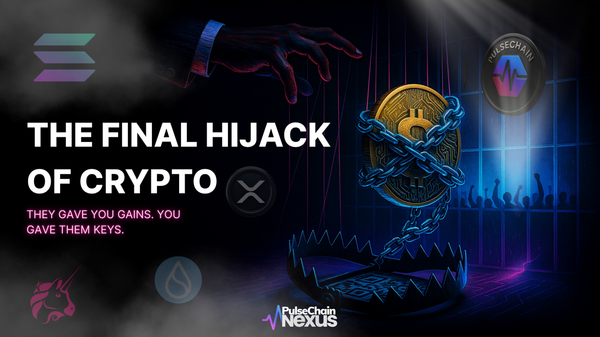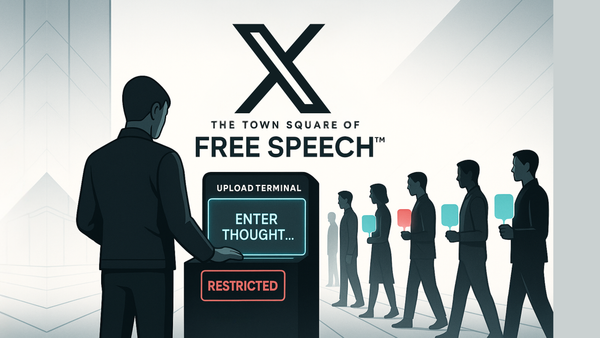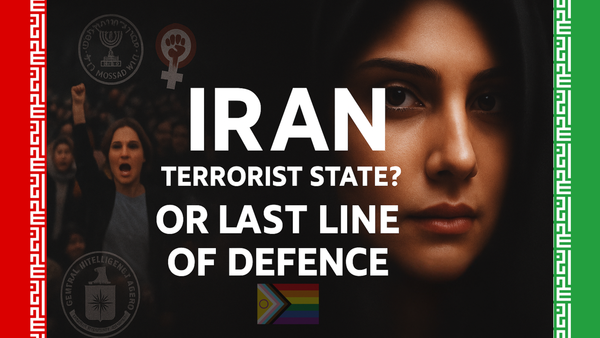𝙏𝙝𝙚 𝘿𝙪𝙖𝙡 𝙀𝙙𝙜𝙚𝙨 𝙤𝙛 𝙈𝙪𝙨𝙠'𝙨 𝘿𝙞𝙜𝙞𝙩𝙖𝙡 𝘿𝙤𝙢𝙞𝙣𝙞𝙤𝙣
Yet, beneath the surface of this digital utopia lies a potential dystopia, where free thinkers are caught in a net woven from the very freedoms they were promised.
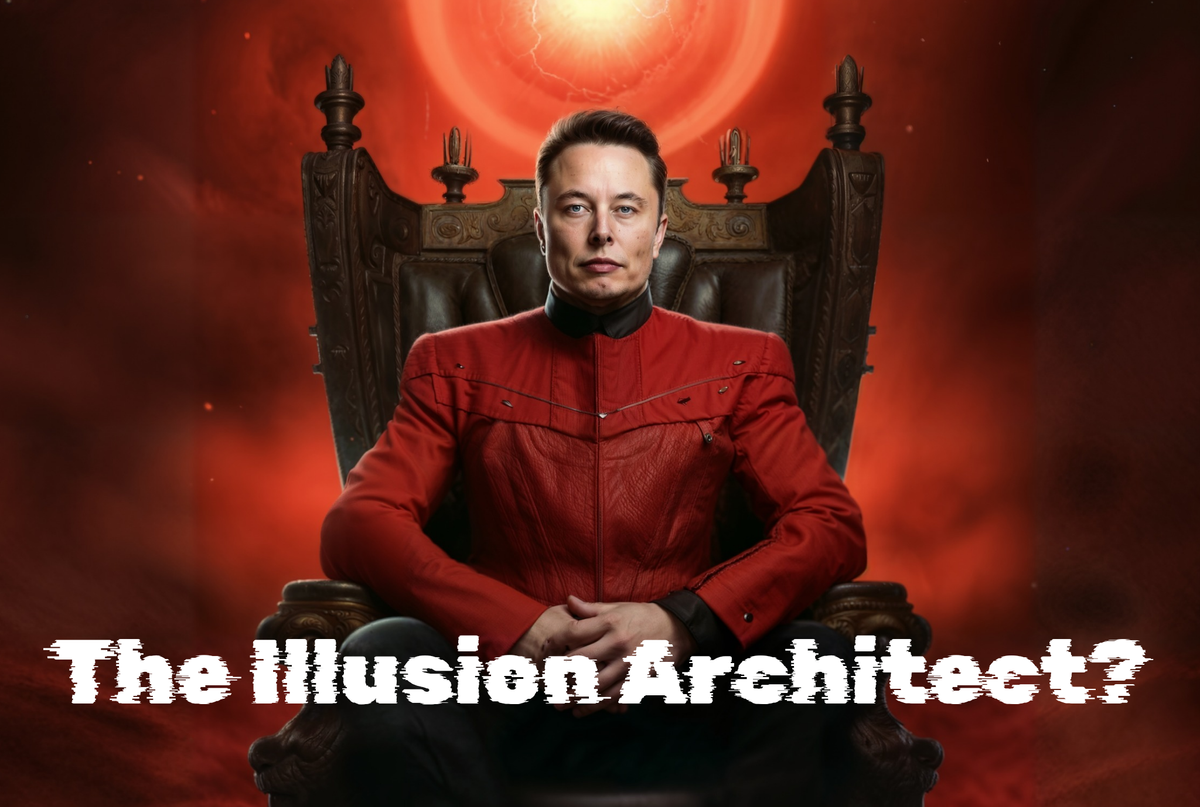
In a world where the line between dystopia and utopia blurs with each technological leap, 𝕏 emerges as a beacon of controversy. With Elon Musk at the helm, a figure as polarizing as he is visionary, the narrative being spun around 𝕏 appears to be one of liberation—a digital exodus towards free speech and open discourse. Yet, beneath the surface, skeptics argue, lies a darker reality, one that seems less about emancipation and more about ensnaring the very minds it purports to free.
At the heart of this paradox is 𝕏's enigmatic dance around the concept of free speech. A recent blog post by CEO Linda Yaccarino adds fuel to the fire, painting a picture of a platform striving to be the digital equivalent of the ancient Agora, a place for unfettered dialogue and exchange. Yet, this vision is immediately countered by a caveat that seems all too familiar in today's digital age: the need to draw the line at "hate" and "hate speech." This dichotomy is not new; it's a well-worn path tread by platforms claiming to champion free speech, only to be accused of selectively censoring under the guise of combating hate.
The post, entitled “Safeguarding Information Independence and Combating Hate Speech,” promises an indispensable global town square, yet the subtext speaks to a reality where speech is only free until it crosses nebulous boundaries. The very invocation of "hate speech" and "misinformation" as grounds for censorship echoes a larger, more concerning trend of control under the banner of protection. With terms that are fluid and often subjective, the door opens to a form of digital paternalism, where what is allowed to be said is tightly curated by unseen hands.
This oscillation between freedom and control, between the aspiration of becoming a modern public square and the implementation of policies that may stifle the very dialogue it seeks to foster, casts a long shadow over 𝕏 and its proclaimed savior, Elon Musk. Yet, it's Musk's other venture, Neuralink, that introduces a chilling dimension to this discourse. The project, aimed at connecting the internet directly to people's brains, raises profound ethical questions. If 𝕏's platform is a battleground for free speech, Neuralink represents the potential frontier for free thought. The prospect of Neuralink serves as a stark reminder of the power Musk wields—not just over the digital spaces we inhabit but potentially over the very essence of human cognition.
As Yaccarino's blog post reverberates through the digital ether, it becomes a symbol of the larger, more profound battle being waged—a battle not just for the soul of a platform, but for the very notion of free speech in the digital age. The narrative spun around X and Musk is seductive, a tale of technological messianism that promises to lead humanity into a new era of dialogue and discovery. Yet, beneath the surface of this digital utopia lies a potential dystopia, where free thinkers are caught in a net woven from the very freedoms they were promised.
In this narrative, Musk is positioned not just as a visionary, but as a figure of contention, a man whose ambitions straddle the line between genius and hubris. As 𝕏 continues to navigate the treacherous waters of digital discourse, the world watches, waiting to see whether this platform will truly be the cornerstone of a new digital democracy or a sophisticated panopticon, cloaked in the rhetoric of freedom but serving a far different end.
Originally published by Veritya Thalassa on Medium April 2024
